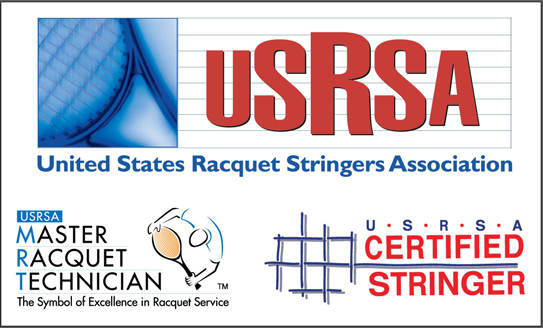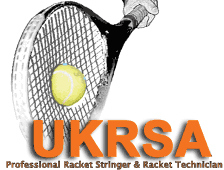What makes a good racket stringer?



After spending the summer back in Ireland, I returned to Doha last week and thankfully there was a lot of rackets waiting for me on my return. It is a nice compliment to be in demand when you return after a period of time away.
I must admit being away for 2 months I was anxious as to whether my customers would come back to me, and I am pleased and relieved that they have.
Even though I had no choice in my absence, and while I was worried about losing customers, it isn't always a bad thing for people to experience other peoples work.
I am confident in my stringing ability and in the service I offer my customers as I have spent a lot of time studying and learning about strings and rackets, and thankfully I have learned from some of the best. The general consesus was, that people can tell the difference in my work as opposed to the people who did the stringing while I was away.
I am the only Professionally Qualified Racket Stringer in Qatar.
That got me thinking about "What makes a good racket stringer", and what I have learned from those who taught me and those who are still teaching me is the following:
- A quality machine is essential (but that still doesn't guarantee a good job). Looking after your machine with regular cleaning and calibration is also very important.
- Attention to detail. That is having the strings straight, knots done properly to avoid slipping and not too big to be a hazrad.
- Knowing the difference between the various types of strings and then been able to recommend the most suitable ones for each individual customer.
- Understanding the different racket types and knowing how they will perform and who should be using each one.
- Knowing which strings will work best in each racket to enhance the playability of that racket.
- Understand tennis related injuries and how a specific string can help with the injury (or prevent it) or how the wrong string can make the situation worse.
- Ensure you don't damage the racket or the string while stringing (unfortunately I have seen this done a few times).
- Only use quality products, not cheap strings so as to make greater profit.
One way to make sure you are doing all these things correctly is to become a qualified stringer. A qualification is the only way your customers know you are the right person for the job.
Anybody can string a racket, but there is a big difference in the quality of work between a qualified stringer and most other stringers.
Rob Leahy
USRSA and ERSA Master Racket Technician
UKRSA Professional Racket Stringer.